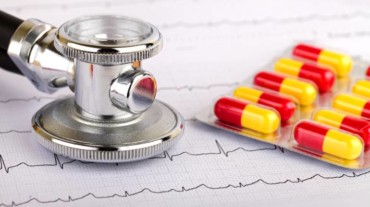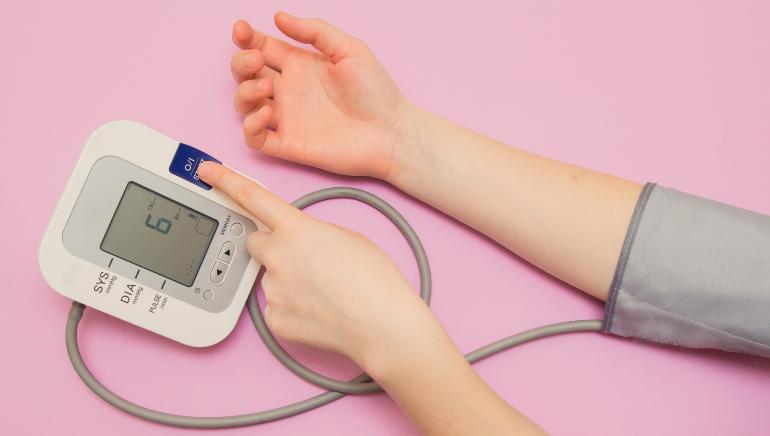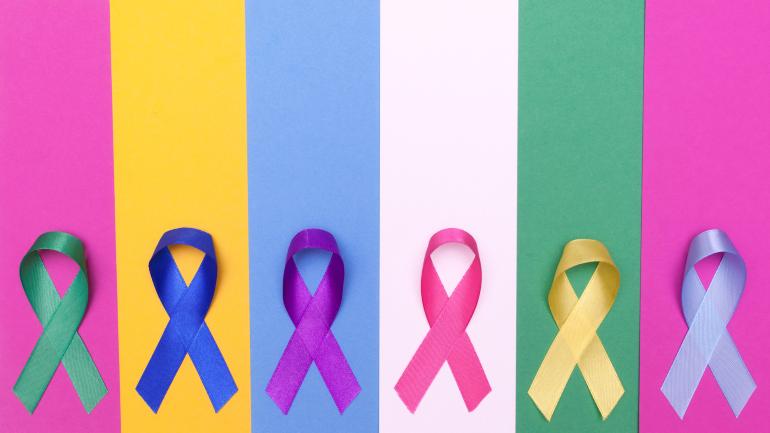
In India, many people suffer from high blood pressure because of which they are on medications. In such a scenario, questions are often raised on the kind of health threats these medicines pose–especially when it comes to cancer.
Cancer is a complex disease and scientists have been working tirelessly to find the links that can trigger cancer in one’s body. A potential link between blood pressure medicines and cancer has been debated for over 40 years. The evidence for an increased or decreased risk of cancer with the use of antihypertensive medication has been inconsistent and conflicting.
Also, read: Don’t take hypotension lightly. Follow these 5 tips to manage low blood pressure
Recently, a large study was conducted to find if there’s any link between blood pressure medication and cancer. In the breaking research presented at ESC Congress 2020, the scientists found no link whatsoever between blood pressure medication and cancer.
“Our results should reassure the public about the safety of antihypertensive drugs with respect to cancer, which is of paramount importance given their proven benefit for protecting against heart attacks and strokes,” said study author Emma Copland, an epidemiologist at the University of Oxford, UK.

How was the study conducted?
This is the largest study ever on cancer outcomes in participants of randomised trials investigating antihypertensive medication – around 260,000 people in 31 trials. Investigators of all trials were asked for information on which participants developed cancer. Much of this information has not been published before, making the current analysis the most detailed yet.
Five antihypertensive drug classes were investigated separately: angiotensin-converting enzyme (ACE) inhibitors, angiotensin II receptor blockers (ARBs), beta-blockers, calcium channel blockers (CCBs), and diuretics.
Also, read: Can you guess all the causes of cancer? Well, let this quiz decide that for you
The investigators estimated the effect of each drug class on the risk of developing breast, colorectal, lung, prostate and skin cancer, of dying from cancer.
They also examined whether there were any differences according to age, gender, body size, smoking status and previous antihypertensive medication use before taking part in the trial.
Select Topics of your interest and let us customize your feed.
PERSONALISE NOWDuring an average of four years, there were around 15,000 new diagnoses of cancer. The researchers found no evidence that the use of any antihypertensive drug class increased the risk of cancer. This finding was consistent regardless of age, gender, body size, smoking status and previous antihypertensive medication use.
Each drug class was compared against all other control groups, including placebo, standard treatment and other drug classes. In statistical terms, the effect sizes were not significantly different from each other, so there was no evidence of an increased risk of cancer with any of the drug classes.
Also, read: An oncologist explains the warning signs of cancer you must pay attention to
When participants were followed throughout the course of each trial, there was no indication that the risk of cancer increased with longer duration of use of these treatments.

This study has settled the debate once and for all
“Our study has addressed an ongoing controversy about whether antihypertensive medication increases the risk of developing cancer. We used the largest individual-level randomised evidence on antihypertensive medication to date and provide evidence for the safety of blood pressure-lowering drugs in relation to cancer,” Copland concluded.